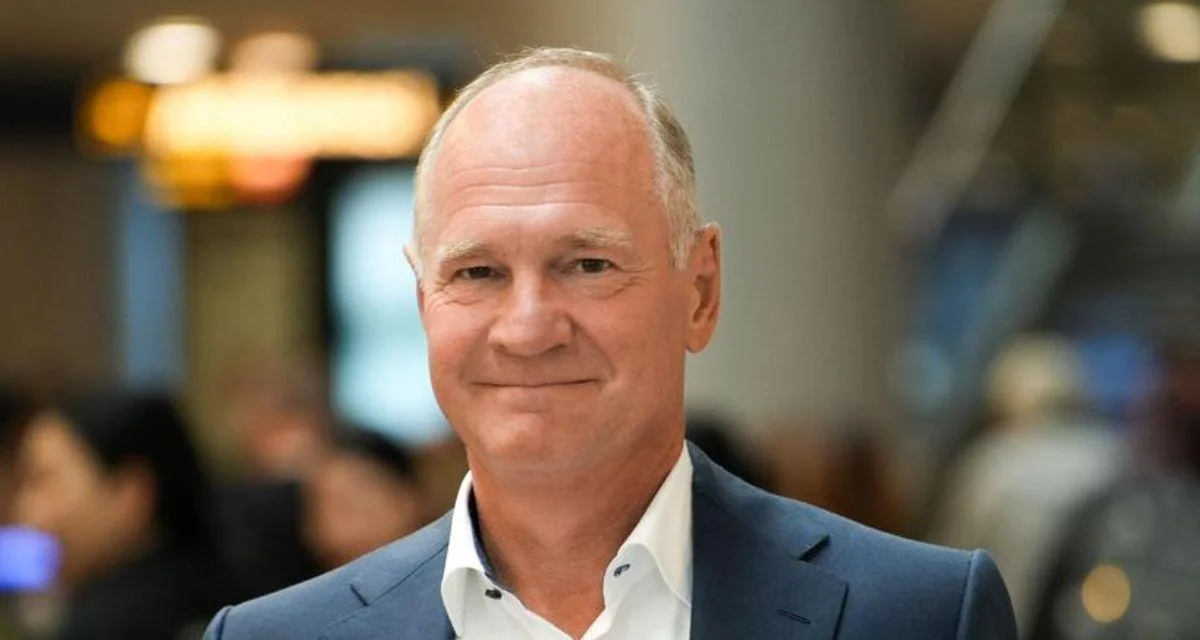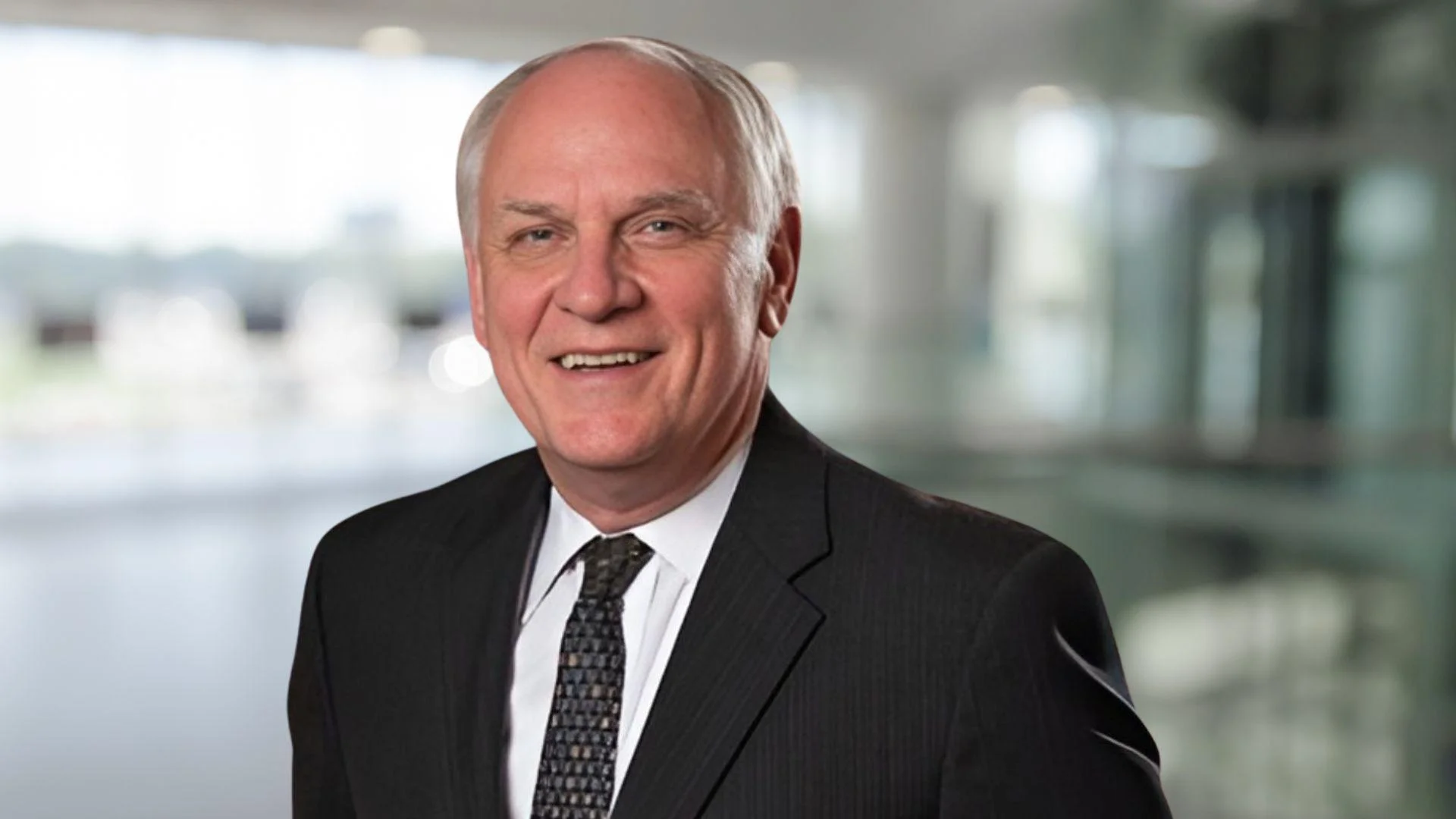Few slots become available for reallocation since the airport operates at 99% capacity. As a result, airlines compete fiercely and often pay record sums for slots that best fit their schedules. William McClintock, Manager of Markets & Sustainability at IBA, said: “Slots are critical strategic assets, and their value is influenced by regulatory environments, market conditions, and timing.”
The value of each slot depends on several factors beyond scarcity—such as regulations, time of day or seasonality—and can be affected by the financial status of the selling airline. Early morning arrival slots are especially prized because they allow carriers to offer competitive connections. Summer slots tend to fetch higher prices than those available in winter.
Over recent years, notable transactions have occurred at Heathrow:
- Oman Air bought a slot pair from Air France-KLM in 2016 for $75 million as part of its long-term tourism strategy.
- Scandinavian Airlines (SAS) sold a slot pair to American Airlines in 2015 for $60 million and two pairs in 2017 for $75 million.
- Other deals include Air New Zealand’s sale to United Airlines ($47 million in 2020) and KLM’s transfer to Virgin Atlantic (over $20 million in 2022).
For some airlines seeking growth or strategic advantage at one of the world’s busiest airports, these high prices can be justified.
Looking ahead, London Heathrow has proposed building a third runway that could nearly double its current capacity with up to 276,000 additional flights per year. The project would increase total annual movements toward approximately 756,000 flights and could handle up to 150 million passengers if approved. The UK Civil Aviation Authority would allocate new slots using its existing “grandfathering” system—airlines retain their rights if used at least 80% of the time.
Critics argue this system favors established carriers like British Airways while limiting opportunities for new competitors. Some economists have suggested auctioning new slots instead—a move supported by organizations such as the CATO Institute—which might help fund expansion projects and give entrants like easyJet better access.
Any decision regarding expansion will impact both airport capacity and how valuable these operating rights remain going forward.
 Alerts Sign-up
Alerts Sign-up





































